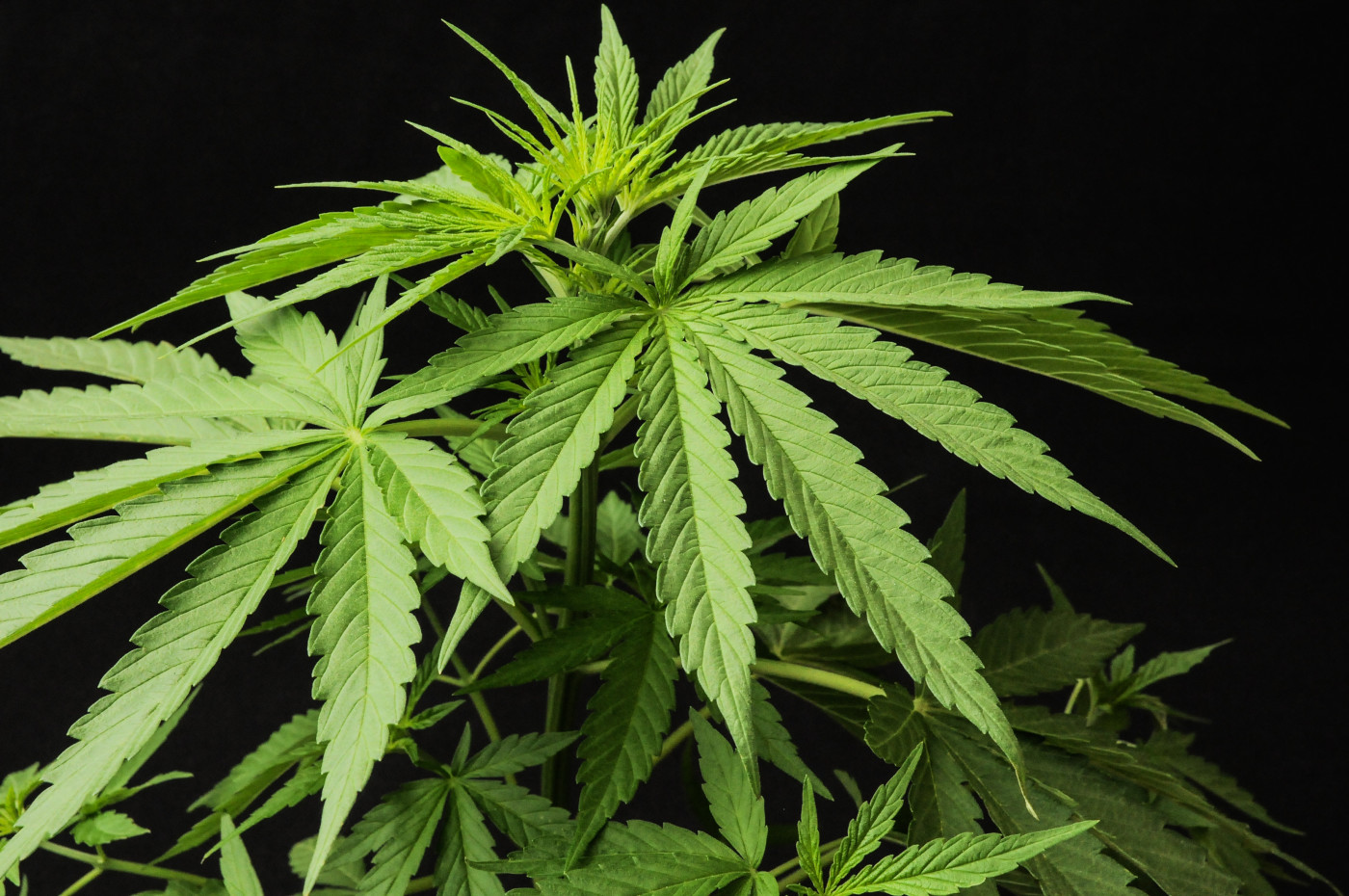NICE and NHS England Oppose Sativex to Treat Spasticity in MS, Urge More Studies of Medical Cannabis

A draft guidance issued by the National Institute for Health and Care Excellence (NICE), a U.K. advisory board, and a review by England’s National Health Service (NHS) call for more research into medical cannabis for multiple sclerosis and other conditions.
NICE also recommended against prescribing Sativex as a treatment for spasticity (muscle stiffness) in people with MS for reasons related to its cost-effectiveness.
The board’s fast-tracked guidance on cannabis-based medicinal products, open for public consultation until Sept. 5 and set to be published on Nov. 4, follows last year’s re-classification of these products to enable their use by patients whose clinical needs cannot be met by approved medications.
The assessment looked at the clinical- and cost-effectiveness of most cannabis-based products, including Sativex (by GW Pharmaceuticals). Therapies for intractable nausea and vomiting due to chemotherapy, chronic pain, and treatment-resistant severe epilepsy were also considered.
Eight separate recommendations for further research were made across all indications and products covered, which NICE said reflected an overall lack of evidence of clinical benefit and cost-effectiveness regarding these products.
Discuss the latest research in the MS News Today forums!
Sativex is not recommended to treat MS spasticity as it was found not to be cost-effective at its current list price in the country. The guidance also recommends against using other options for the same purpose outside of a clinical trial because of “a lack of clear evidence that these treatments provide any benefits,” NICE states in its press release.
Due to limited benefits relative to high costs, no cannabis-based products should be used to treat chronic pain other than a plant-derived cannabidiol in a clinical trial setting, it adds. However, the synthetic cannabinoid nabilone can be used as an add-on therapy for adults with chemotherapy-induced nausea and vomiting who failed to respond to conventional medicines.
No recommendations were made relative to the use of cannabis-based medicines for severe treatment-resistant epilepsy, again because evidence of clear benefits is lacking.
“We recognize that some people will be disappointed that we have not been able to recommend the wider use of cannabis-based medicinal products,” Paul Chrisp, director of the Centre for Guidelines at NICE, said in the release.
According to Chrisp, concerns about a lack of robust evidence of these “mostly unlicensed products” were present when NICE began developing its guidance. “Having now considered all the available evidence it’s therefore not surprising that the committee has not been able to make many positive recommendations about their use,” he said.
NICE’s call for more research also echoes a recent call by the National Institute of Health Research. “NICE welcomes the recent suggestion from the House of Commons Health and Social Care Committee that companies should be encouraged to undertake or enable research into their medicinal cannabis products,” Chrisp said.
NHS England assessed the barriers to prescribing such treatments where they are safe and clinically appropriate. After listening to families and doctors with specialities in relevant fields, the NHS review likewise calls for more research, especially clinical trials that include children and young adults, and clearer guidelines and consistency. It also favors establishing a network of clinical experts able to provide advice to prescribing health professionals.
“Without sufficient evidence to help them balance potential benefits against potential harms … it is clear clinicians are very reluctant to prescribe [medical cannabis],” said Keith Ridge, NHS England’s chief pharmaceutical officer.
NHS England concluded that insufficient data on long-term safety and effectiveness has been a key factor when clinicians decide whether to prescribe medical cannabis-based therapies. Two clinical trials are recommended to help address this limitation.
“These recommendations aim to help us develop the evidence base to understand how safe these products are, and ensure education and expert advice is available to support clinicians across the U.K.,” Ridge said.
Sativex and nabilone are the only cannabis-based medicines licensed for use by adults in the U.K., NICE notes in its draft guidance.






